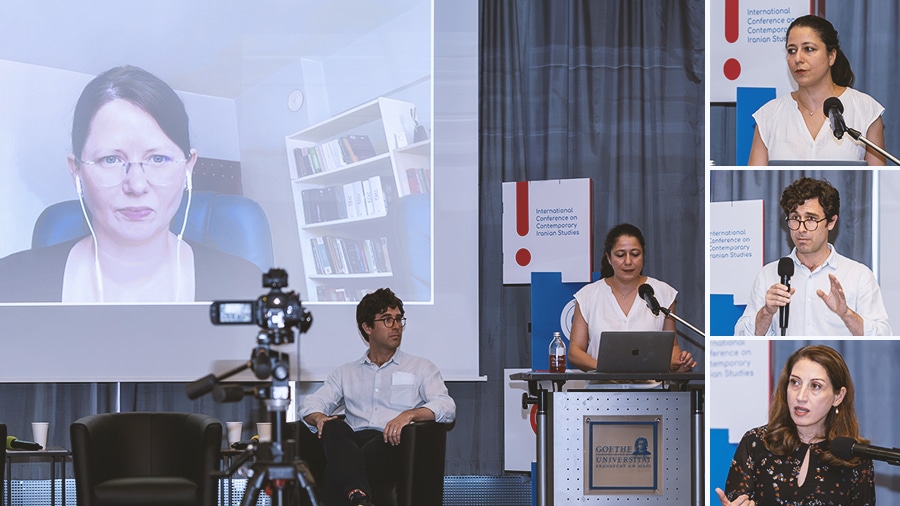This panel deals with a comparative and in-depth study of fatwas and jurisprudential decisions in Europe and analyzes the impact of these fatwas on the rights and status of women, especially in Islamic societies. The speakers of this meeting, Nazife Kesukoglu, Afroz Mani, and Joel Hanisk, discuss the social and legal effects of fatwas in different contexts from different perspectives.
Abstracts
Nazife Kosukoglu
Resisting Impunity: Honor Killings and Ottoman Judicial Decision-Making in the Second Constitutional Period
(I will present this paper in the panel organized by Prof. Roja Fazaeli.) This paper focuses on late-Ottoman judicial decision-making concerning honor killings. In 1911, the Ottoman parliament amended the Ottoman Criminal Code and re-introduced total immunity for these killings with references to Islamic law and modern theories of culpability concerning freedom of will.
In line with this amendment, a man who killed his wife upon finding her committing adultery would not face any sanctions. This paper examines how judges at the Ottoman Court of Cassation resisted this attempt for the expansion of legal tolerance for gender violence by utilizing legal traditions and Islamic legal principles.
Examining the decisions of the high court, this paper shows that Ottoman judges at the Court of Cassation rendered the application of this immunity clause practically impossible because they developed an extremely limited interpretation of it by drawing on practices and norms stemming from customs and the Ottoman understanding of sharia such as the requirement of zina alameti (sign of adultery) and the concept of şüphe (Ar. shubha, doubt).
On this basis, the paper underlines that Islamic law and customary socio-legal practices may have different interpretations and might be utilized for different ends related to women’s rights. It also suggests that interactions between secular law, religious law and customary socio-legal practices may produce diverse and sometimes unexpected outcomes for the protection of women’s rights.
Afrooz Maghzi
Legal Pluralism and Women’s Status in Iran
This paper will consider the extent to which religion-based legal pluralism is recognised under Iranian law and its impact on women from religious minorities. Despite substantial legal and de facto restrictions on the rights of religious minorities in Iran, recognized religious minorities enjoy significant authority in the adjudication of matters related to their personal status.
This paper will consider the extent to which religion-based legal pluralism is recognised under Iranian law and its impact on women from religious minorities. Despite substantial legal and de facto restrictions on the rights of religious minorities in Iran, recognized religious minorities enjoy significant authority in the adjudication of matters related to their personal status.
The paper will then discuss how women are treated by religious courts in different communities, including Sunni Muslims (Hanafi and Shafi’i), Christians, Jews and Zoroastrians. The paper concludes by discussing the legal pluralism model in Iran based on the general legal and political standing of the Islamic Republic of Iran concerning human rights standards. This paper is grounded in interdisciplinary research, applying a part-doctrinal, part-socio-legal methodology.
Joel Hanisek
International Arbitration Councils and The Development and Consolidation of Socio-religious Authority
This paper addresses how Muslim women negotiate and relate to the normative agentic and authoritative dimensions of shari’a, particularly in terms of Islamic family laws that are mediated through the lens of arbitration councils.
The European Council of Fatwa stands as the paper’s central case study in this regard. The relationships between shari’a and arbitration councils, including the European Council of Fatwa, who presides on these, and how they interact with state structures, in sum, the very concept of Islamic religious authority and its position vis a vis state structures, would benefit from additional technical and conceptual work.
This paper advances such work and interrogates how the gendered development of Islamic family laws in specific European contexts can be better understood in terms agency and authority through studying the relationship between social texts, legal texts, and national policies.



